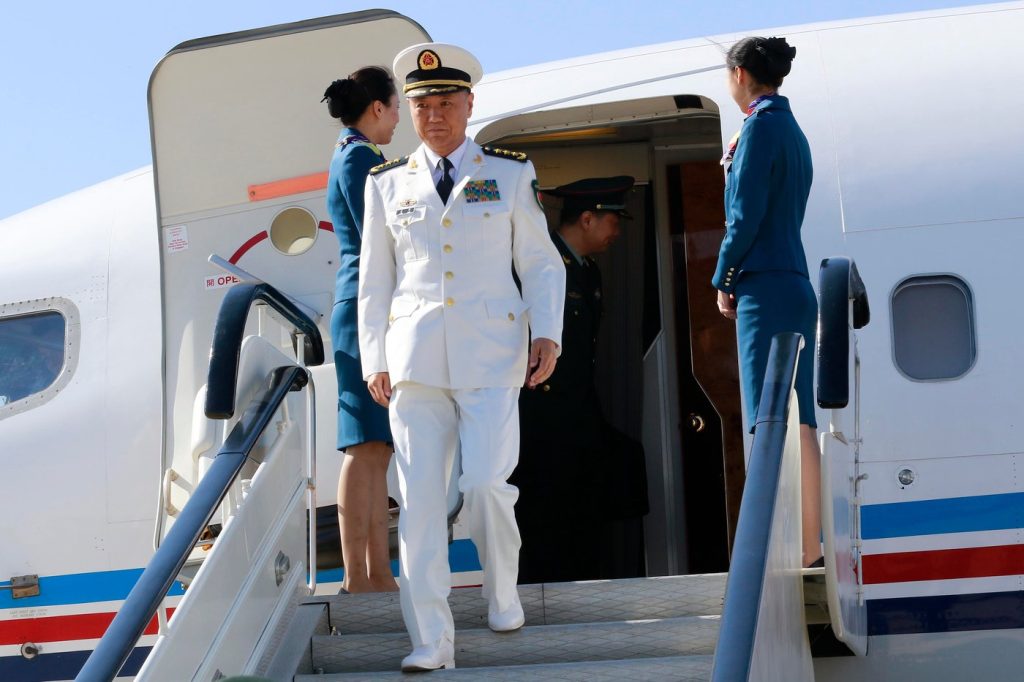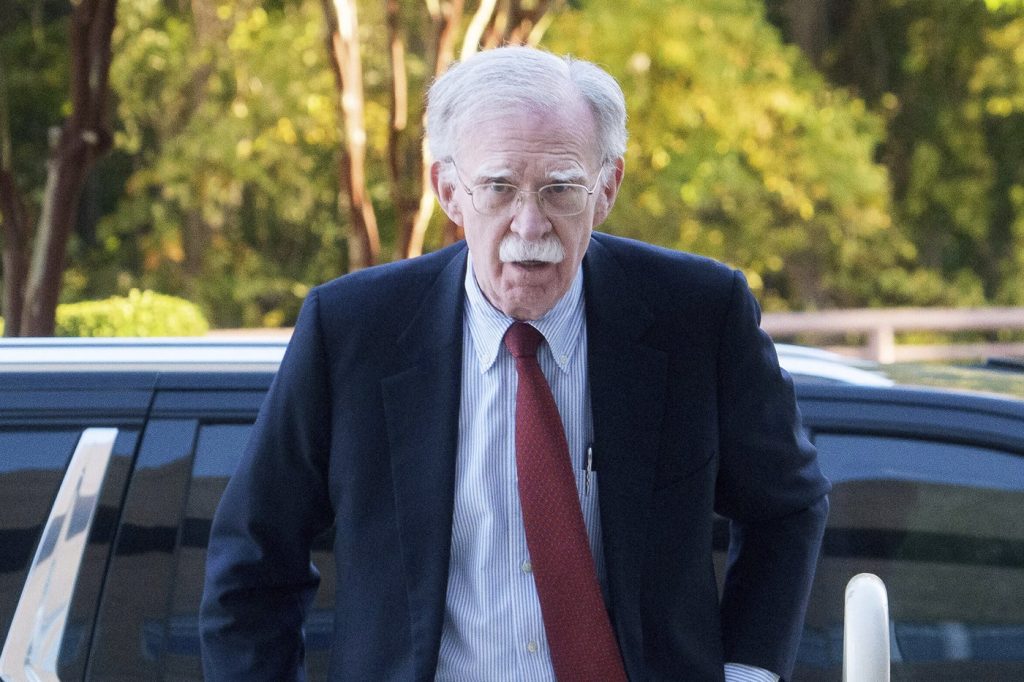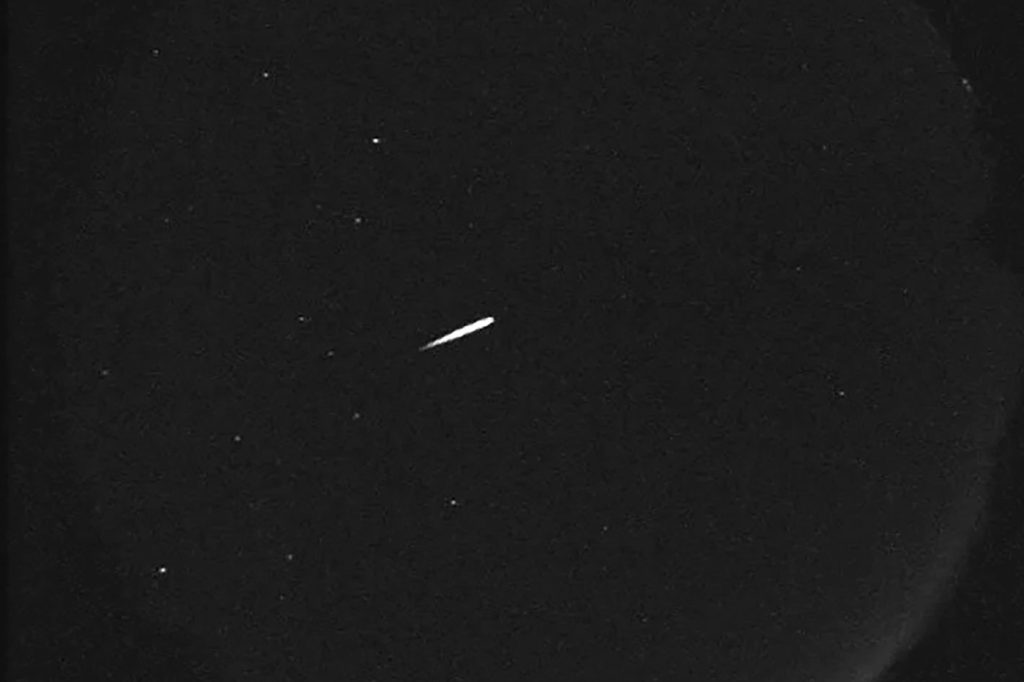BEIJING (AP) — In a significant development in China’s military and political landscape, He Weidong, the second-highest ranking general in the People's Liberation Army (PLA), along with eight other senior officials, has been expelled from the ruling Communist Party and the military on allegations of serious misconduct tied to corruption. The announcement was made by the Defense Ministry on Friday, marking a noteworthy escalation in the ongoing anti-graft drive targeted at military leaders in China.
He Weidong previously served as the vice-chair of the powerful Central Military Commission, which is the apex military authority in the country. His expulsion is the most notable within the framework of China’s persistent efforts to root out corruption in the military, a campaign that has intensified under Chinese leader Xi Jinping since he assumed power in 2012. The nine officials who have been dismissed are accused of extremely serious crimes involving exceptionally large sums of money, as detailed by Defense Ministry spokesperson Zhang Xiaogang.
The crackdown has seen thousands of officials purged from various positions, including some high-ranking political rivals of Xi. He Weidong was a prominent figure, elevated to the Central Military Commission in 2022, but has not been seen in public for months—a common precursor to official disciplinary actions in China. His absence hinted at ongoing issues, and the recent announcement served as the first confirmation of his troubled status.
In addition to He Weidong, other high-ranking officials, including Miao Hua, the director of the Central Military Commission’s political work department, are under scrutiny. Miao Hua was reported to have been placed under investigation as early as November of the previous year. The military officials were part of the Central Committee, the 205-member body responsible for pivotal decisions, which is set to convene next week to outline China’s strategic goals for the next five years.
The expulsion of these officials allows for the appointment of their replacements within the Central Committee, according to Neil Thomas, an expert on Chinese politics at the Asia Society Policy Institute. He noted that this move represents a political show of strength and a practical measure to elevate non-voting alternates into full membership status within the Central Committee.
The implications of these expulsions extend beyond mere disciplinary actions; they also reflect a broader trend in Chinese politics. High-ranking military officers hold significant power and privileges within the political sphere, and the ongoing anti-corruption campaign is perceived as a tool for enforcing loyalty to Xi Jinping among officials in both the military and government. Reports indicate that the public broadly supports these anti-corruption measures, thus reinforcing Xi's grasp on power.
The recent wave of expulsions follows previous high-profile cases, such as the removal of former Defense Minister Li Shangfu and his predecessor Wei Fenghe, both of whom were also expelled from the Communist Party over corruption accusations last June. The continued focus on tackling corruption within the military underscores the Chinese leadership's intent to maintain control and loyalty within its ranks, especially in light of increasing geopolitical tensions, particularly concerning Taiwan.
The backdrop of these purges aligns with significant national meetings, as the Communist Party prepares for a critical gathering to set its long-term objectives. As investigations proceed and military prosecutors review the allegations against these nine officials, the Chinese political landscape remains closely monitored both domestically and internationally.












